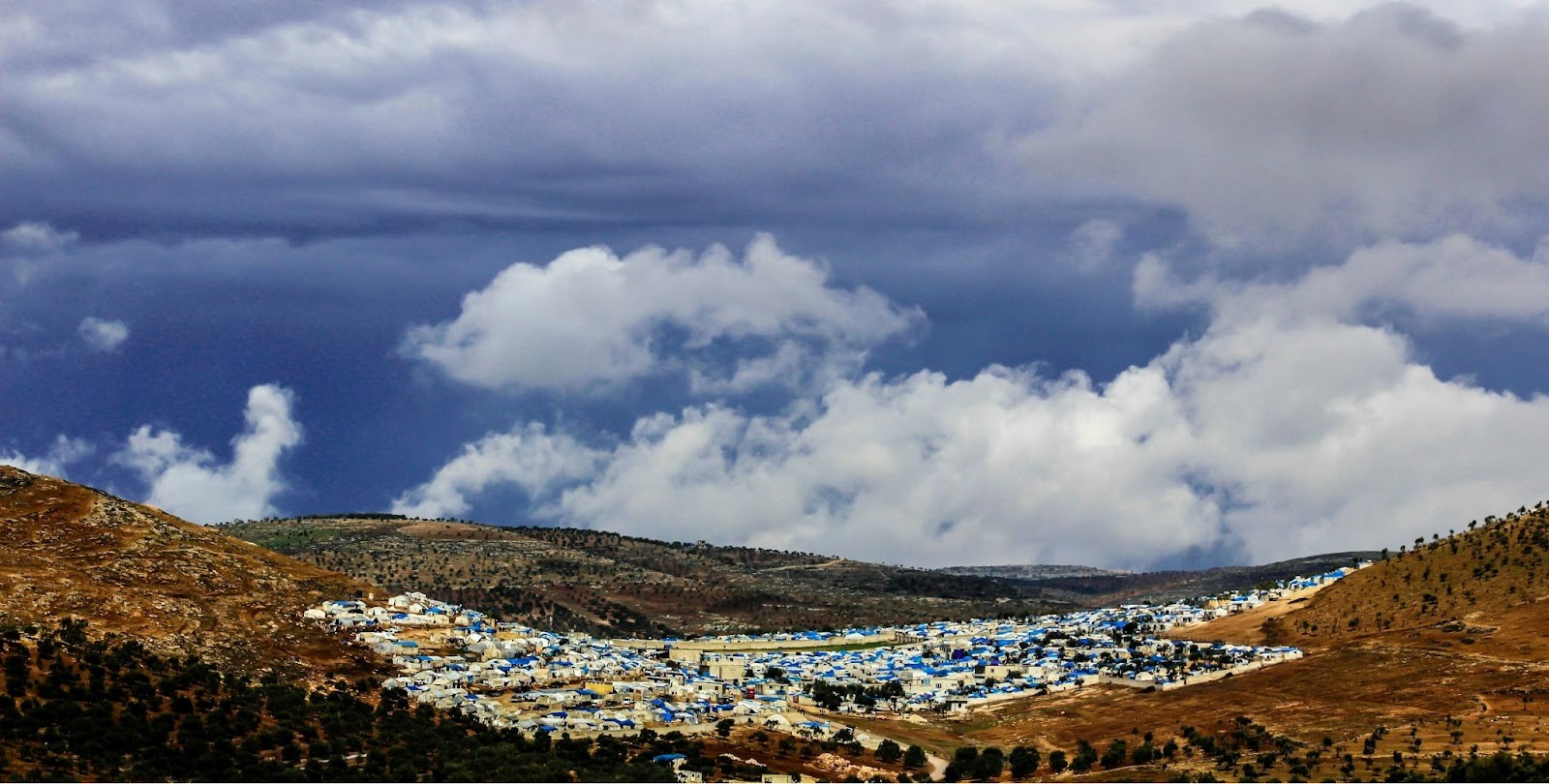
Israel’s military expansion into Syria raises fears of long term occupation under the excuse of security. Since the fall of Syrian President Bashar al Assad in December 2024, Israel has rapidly expanded its military presence across southern Syria. Satellite images, airstrikes, and troop movements reveal a strategy that experts warn could lead to permanent occupation, all while Syria’s new government struggles to respond.
The Syrian civil war, which began in 2011, has led to a complex and fractured political framework. After years of conflict, Bashar al-Assad was removed from power in December 2024, leading to the establishment of a new interim government under President Ahmad al-Sharaa. This change left a gap in power, and Israel has used this as an opportunity to take military action in this region.
Israel captured Golan Heights in the 1967 war and later declared it as part of its territory. The international community, except the United States, views it as illegally occupied Syrian territory.
For decades, a UN-monitored buffer zone separated Israeli and Syrian forces in the Golan Heights under a 1974 ceasefire deal. But when al-Assad’s regime collapsed, Israel wasted no time moving into it. Satellite images from December 2024 to February 2025 show that Israel has constructed seven new military bases within the buffer zone and one additional base in Syrian territory near Mount Hermon. Roads and watchtowers have also been built in areas that were previously restricted for both Israeli and Syrian forces.
Israeli Prime Minister Benjamin Netanyahu has been quoted as saying that the 1974 agreement, which established the buffer zone, is no longer valid following the fall of Bashar al-Assad's regime. He has also referred to Syria's new transitional government as "hostile".
Since December, the Israeli army has conducted numerous attacks on Syrian military sites, including airports, weapons depots, and communication hubs. Recent attacks hit Kisweh (near Damascus) and Deraa province, these areas were critical to Syria’s defense.
Israeli forces have moved into parts of Quneitra, Ofaniya, al-Hamidiyah, Samdaniya al-Gharbiyya and al-Qahtaniyah, They have also issued evacuation warnings to residents in several villages, consolidating control over strategically significant areas. This move aligns with Israel's stated goal of creating a buffer zone.
Defense Minister Israel Katz claims this creates a “security zone” against groups like Hayat Tahrir al-Sham (HTS), which led the rebellion against Assad. But critics see it as a land grab. “Israel is exploiting Syria’s chaos to annex strategic areas,” said Al Jazeera’s analyst Iwan Bara.
In February 2025, Israeli Prime Minister Benjamin Netanyahu laid down strict rules, Syrian troops were completely banned from entering South of Damascus. Additionally, Israel claims to "protect" Druze communities,who live in the Golan Heights, territory illegally occupied by Israel, yet many interpret this as establishing control over these regions. This move effectively prevents Syria’s new government from exerting power over one-third of its southern territory.
The timing isn't random. After 13 devastating years of civil war, Syria’s transitional government under interim President Ahmed al-Sharaa faces severe military weakness. Without a stable army, Israel has seized the opportunity to act with minimal resistance.
In villages under Israeli control, daily life has been severely affected. Farmers are no longer allowed to work in their fields, cutting off their income and food supply. Schools and clinics have been shut down, leaving communities without education and healthcare. Checkpoints separate families and restrict movement.
Syria's new government has condemned these attacks as "ongoing aggression", calling for international intervention to address what it views as violations of its sovereignty. And demanded immediate Israeli withdrawal at a national dialogue summit in February 2025. Leaders called for UN intervention to uphold Syrian sovereignty, but global support has yet to come. Additionally, Palestinian organizations have voiced their disapproval of Israeli actions, framing them as part of a broader campaign against Arab nations.
Israel claims its military presence in southern Syria is temporary. Yet, new bases are being built, and Prime Minister Benjamin Netanyahu has vowed to "pacify" the area. Syrian forces, weakened and divided, are unable to fight back for now. However, anger is growing among locals. "This occupation will fuel new resistance", said spokesperson for Hayat Tahrir al-Sham (HTS).
Israel's actions in Syria seem to follow a pattern of using the confusion to gain control of land and justifying it as necessary for security. While other countries are busy with different problems, southern Syria may end up as another area under their control.